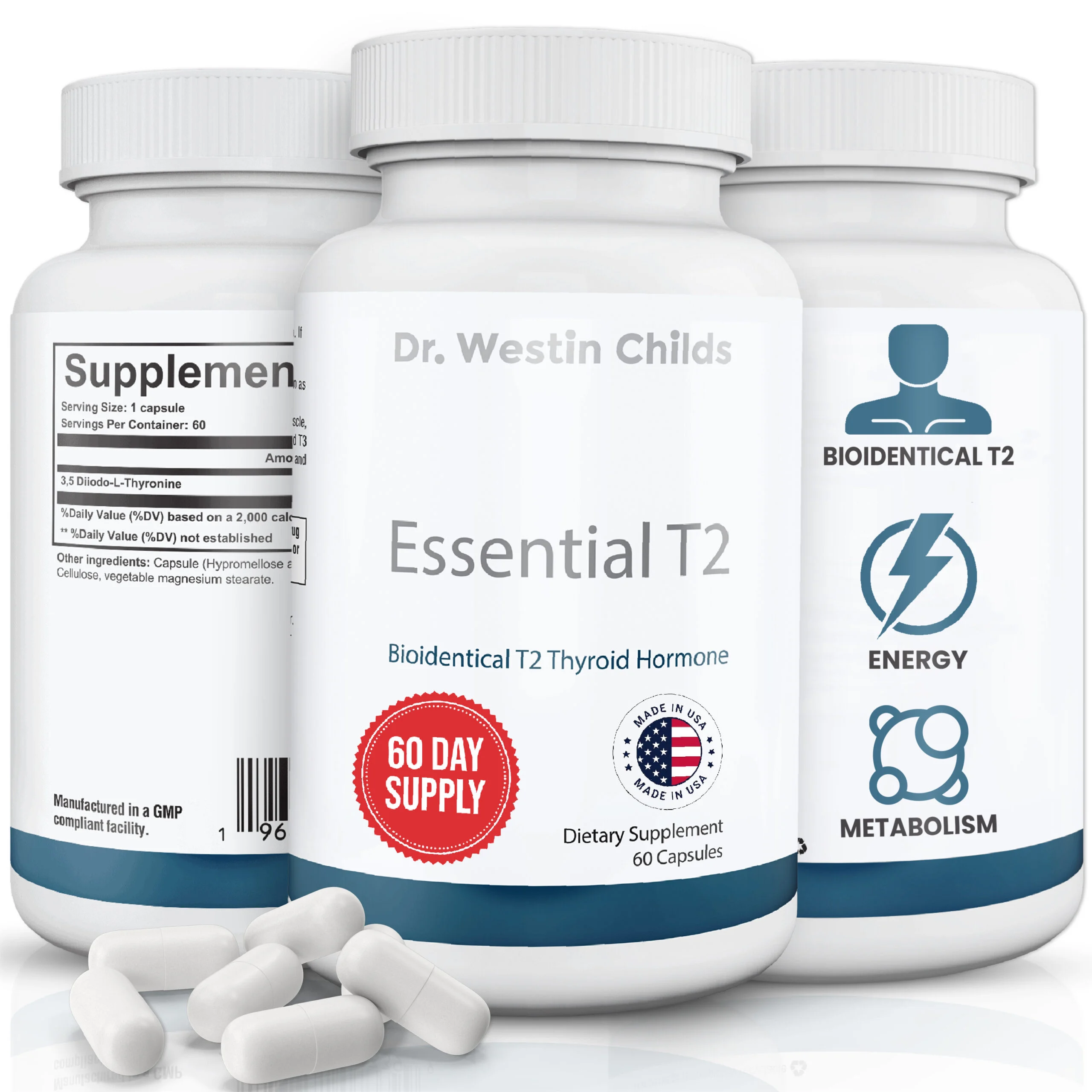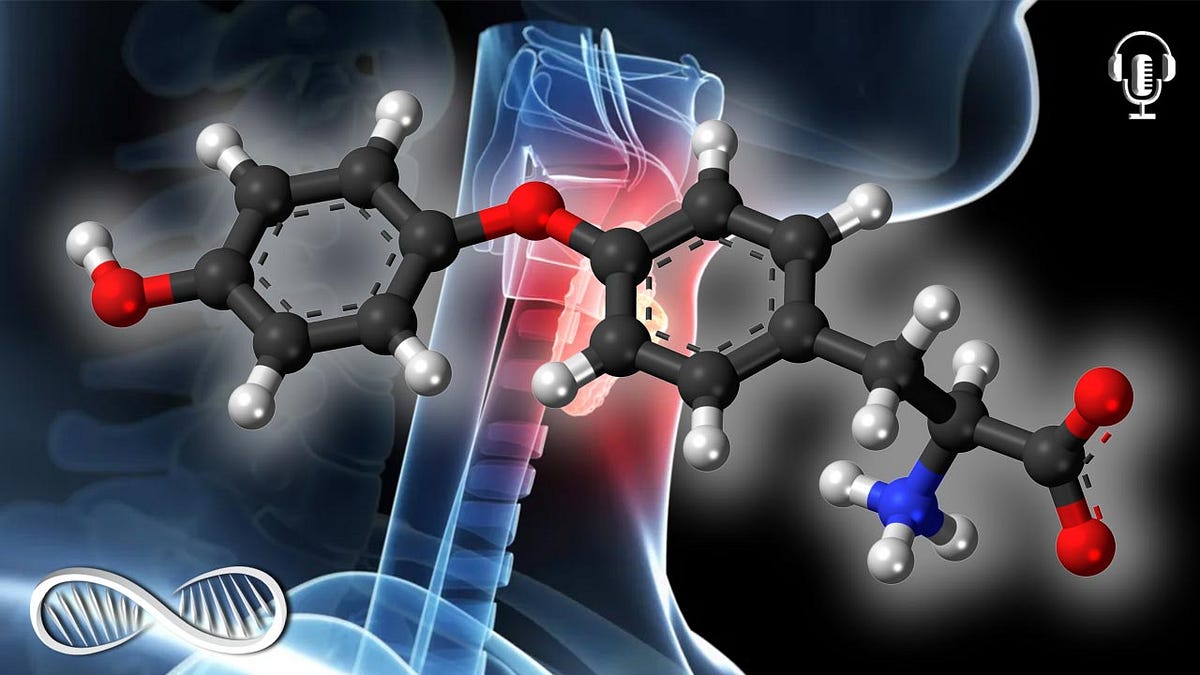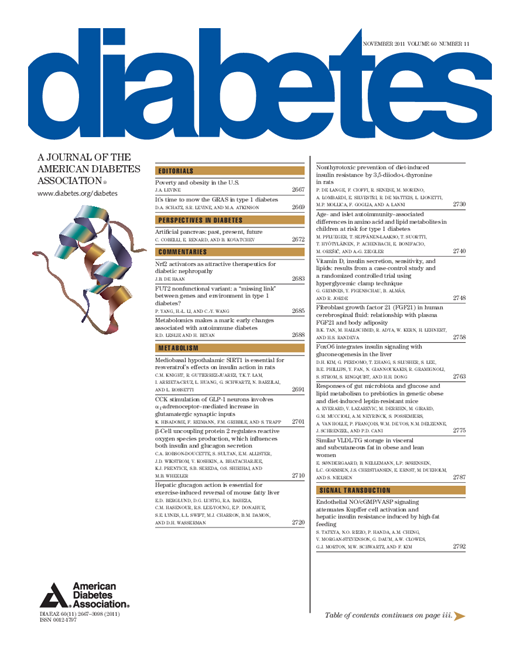A few doctors have touted the little-known thyroid hormone T2 to be used to help burn brown fat. Since there is only a tiny amount (8mg) in my NDT, I was thinking of adding it for the purported benefits.

 www.restartmed.com
www.restartmed.com

 roselandj.medium.com
roselandj.medium.com

 www.frontiersin.org
activates SIRT1:
www.frontiersin.org
activates SIRT1:

 diabetesjournals.org
A 2015 studypoints out some drawbacks:
diabetesjournals.org
A 2015 studypoints out some drawbacks:
...in addition to increased metabolism and reduced fat mass, T2 administration also leads to suppression of the HPT axis, increased food intake, and cardiac hypertrophy. A particular point of concern is the observation that the lower dose of T2 used by the authors exerts negligible effects on adiposity and metabolic outcomes, yet results in a marked suppression of the HPT axis leading to reduced levels of circulating T4 and T3 (and presumably TSH), with unknown long-term consequences. The implication of this finding is that, for a given dose, the detrimental effects of T2 on the HPT axis may preferentially occur before the intended metabolic ones.
But wouldn't those effects be the same with taking too much T3 (but minus the cardiac effects)?
T3 converts to T2, so if your FT3 levels are high, then wouldn't exogenous T2 be overkill?
[IMG='width:532px; width="532px"']https://scontent.flas1-2.fna.fbcdn.net/v/t39.30808-6/316414592_674809544023272_6494298208996144521_n.jpg?_nc_cat=101&ccb=1-7&_nc_sid=5cd70e&_nc_ohc=tH0tIvs_9eUAX_bPi7P&tn=rloSOQ9K6RF2VZNm&_nc_ht=scontent.flas1-2.fna&oh=00_AfAhvTpPJRBvdpZSj6NDhQVQfJ5UbZXoPjnoKWKEjGrJrg&oe=63920E29[/IMG]

Essential T2 | Bioidentical T2 Thyroid Support Supplement (3,5 Diiodo-L-Thyronine)
<p>Essential T2 contains bioidentical T2 thyroid hormone designed to provide your body with an exact replica of the same T2 thyroid hormone it would create in a healthy state. This supplement can help you create a more comprehensive thyroid hormone replacement regimen, one that mimics what the...

Thyronine “T2” — Top 9 Benefits of this Thyroid Biohack
This active thyroid hormone supplement is turning heads in the bodybuilding and fitness world as it superpowers metabolism and accelerates…

Frontiers | Both 3,5-Diiodo-L-Thyronine and 3,5,3′-Triiodo-L-Thyronine Prevent Short-term Hepatic Lipid Accumulation via Distinct Mechanisms in Rats Being Fed a High-Fat Diet
3,3’,5-triiodo-L-thyronine (T3) improves hepatic lipid accumulation by increasing lipid catabolism but it also increases lipogenesis, which at first glance ...

Nonthyrotoxic Prevention of Diet-Induced Insulin Resistance by 3,5-Diiodo-L-Thyronine in Rats
OBJECTIVE. High-fat diets (HFDs) are known to induce insulin resistance. Previously, we showed that 3,5-diiodothyronine (T2), concomitantly administered to
...in addition to increased metabolism and reduced fat mass, T2 administration also leads to suppression of the HPT axis, increased food intake, and cardiac hypertrophy. A particular point of concern is the observation that the lower dose of T2 used by the authors exerts negligible effects on adiposity and metabolic outcomes, yet results in a marked suppression of the HPT axis leading to reduced levels of circulating T4 and T3 (and presumably TSH), with unknown long-term consequences. The implication of this finding is that, for a given dose, the detrimental effects of T2 on the HPT axis may preferentially occur before the intended metabolic ones.
But wouldn't those effects be the same with taking too much T3 (but minus the cardiac effects)?
T3 converts to T2, so if your FT3 levels are high, then wouldn't exogenous T2 be overkill?
Last edited:











